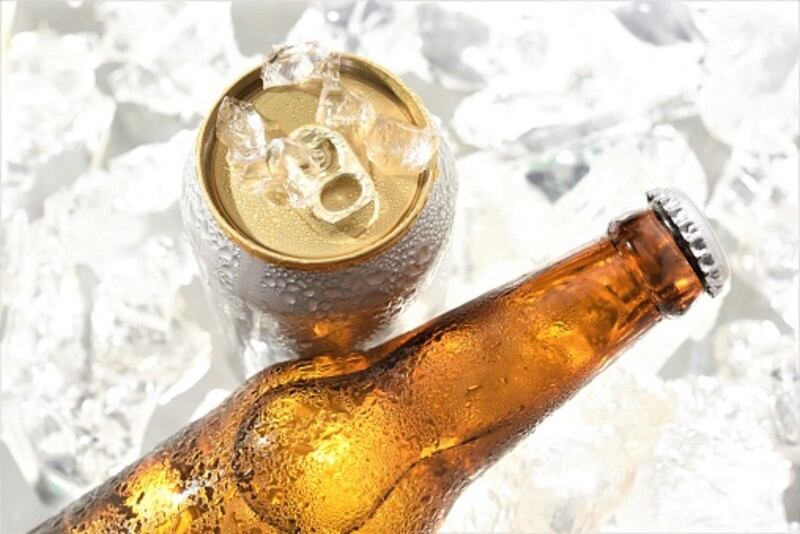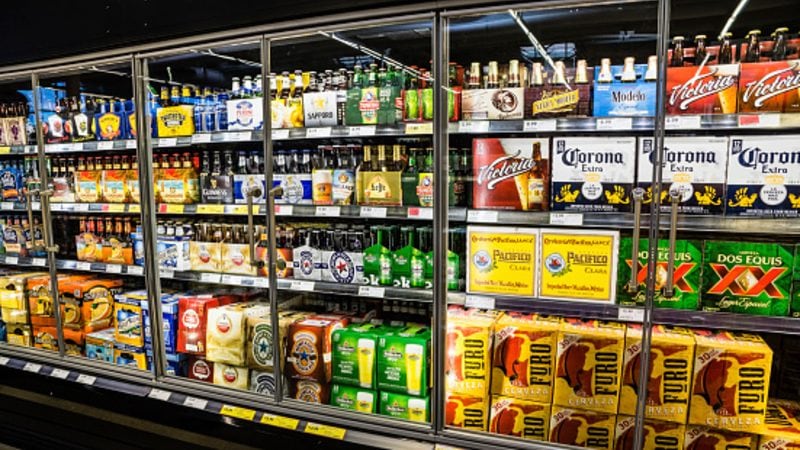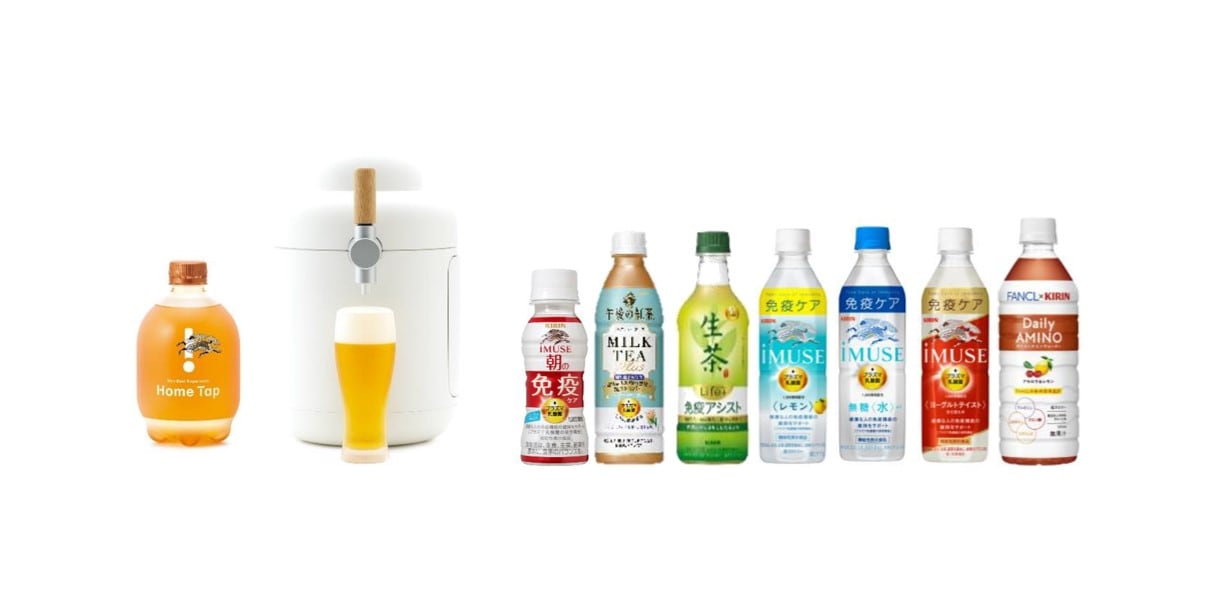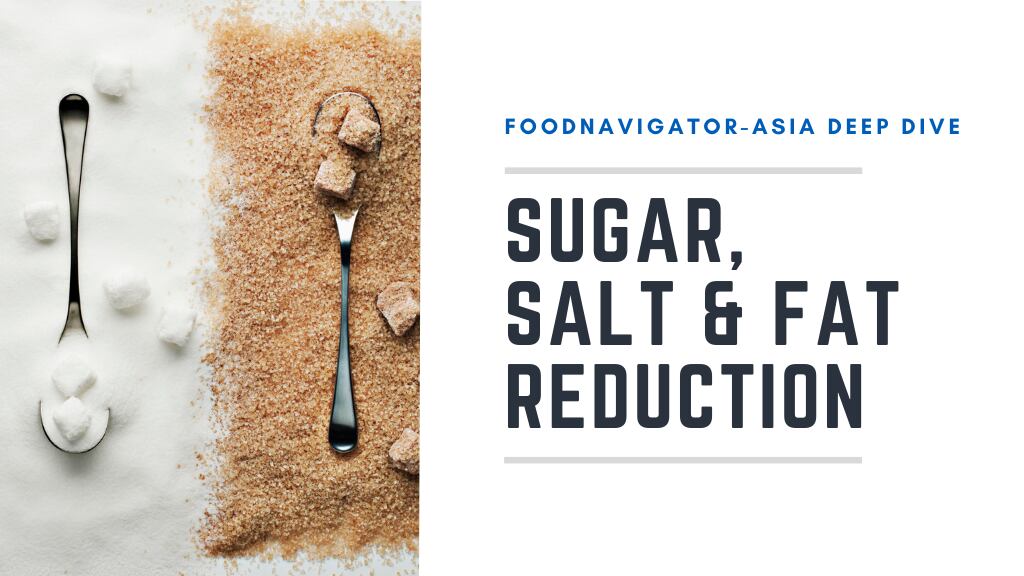According to the firm, so-called ‘real beer’ - usually meaning traditional lagers - has seen a continuous decline over the past two decades.
“One of our main objectives in the new Kirin Group Medium-term Business Plan from 2022 to 2024 is to revitalise the domestic beer market by developing products which are highly attractive to consumers,” Kirin Corporate Communications Manager Naoto Kobuna told FoodNavigator-Asia.
“The domestic beer market has unfortunately been shrinking continuously for about 17 consecutive years, and [we want to play our role in] keeping beer a category that is well-loved by consumers.
“Our major areas of focus to do this are twofold – by promoting the ‘real taste of beer’ with our flagship KIRIN ICHIBAN brand, as well as [ensuring something for everyone] with our SPRING VALLEY Hojun <496> high-value-added craft beer brand.
Notably, Kobuna stressed that the firm is not looking at this industry revitalisation as a ‘Kirin beer’ revitalisation, but to benefit the beer industry as a whole.
“In Japanese beer commercials, [exclamatory] phrases are very commonly uttered by celebrities [promoting] the product to express [surprise and] realisation of its deliciousness – for Kirin, we want to create an exciting consumer experience with phrases such as ‘Wow, I didn’t realise how delicious beer could be!’ to contribute to the attractiveness and revitalisation of the whole beer market,” he added.
“[The fact is that] there are changing consumer tastes today such as choosing other alternatives to beer and a shrinking market, so to tackle these challenges Kirin has decided to focus on the simple concept of ‘Beer tastes good’ as opposed to ‘Kirin beer tastes good’, as the objective is to make beer itself popular again.
In addition, the firm sees the development of sustainable packaging as a major initiative to roll out as part of its medium-term plan, based on its Kirin Group Environmental Vision 2050.
“With regard to containers and packaging, this vision statement calls for the development and popularisation of sustainable containers and packaging [specifically] 100% sustainability with recycled materials and biomass by 2050,” Kirin Corporate Communications spokeswoman Namika Nishiyama told us.
“This has driven Kirin to launch several related initiatives including changing the packaging of Kirin Beverage’s widerly popular Kirin Nama-cha (bottled tea) product to use all-sustainable PET bottles, via R&D on the practical application of chemical recycling, a sustainable PET bottle recycling technology.
“Our Packaging Innovation Laboratory has also developed a new 720ml PET bottle specifically for wine – this is the lightest wine bottle ever made in our wine brand Mercian’s history, weighing 29g which is 5g less than the previous 34g.
“The lighter bottle will improve convenience for consumers to carry these kinds of bottled products [around], as well as contribute to environmentally-friendly economic activities.”
Mercian Corporation will be adopting this PET bottle for all of its products utilising the 720ml PET bottle, and expects this to reduce PET plastic use by approximately 83 tons and CO2 emissions by approximately 286 tons per year for the company.
Outlook for 2022
Despite the recent tribulations that the Japanese alcohol industry as a whole has been facing due to COVID-19 restrictions, Kirin remains hopeful that its medium-term strategy will help it to see positive results this year.
“The on-premise market was most [heavily hit] due to being restricted due to the government’s state of emergency declarations due to COVID-19 [but Kirin] is committed to increasing opportunities for consumers to enjoy [our products] and contribute to the revitalisation and creation of places where they can connect with each other,” said Kobuna.
“To help the on-premise market, we will also work on boosting the performance of our TAPPY mini-tap machine, for which rollout was completed in 2021 [and has] an easily interchangeable 3L small-volume PET bottles which allows it to provide simple-to-pour, economical tap beer.
“COVID-19 also had a negative impact on off-premise beers, but in 2022 this is expected to make a recovery, so this year beer sales are expected to see overall growth with 5% to 7% year-on-year increases.
“That said, it all really depends on how the COVID-19 situation plays out, as the food and beverage industry overall is now having to resolve issues not just about the pandemic, but also soaring raw material prices and other social issues.
“Kirin has long-term goals [to] transform our profit structure not just by strengthening brands in existing businesses, but also expanding new businesses [to mitigate impacts from these and achieve healthy growth].”





